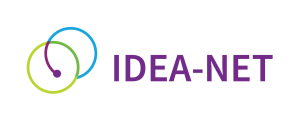Oulu University – Oulu, Finland
The activities that the service/department has carried out (in the last two years) with regard to equal access/inclusion/diversity are:
- Support and counselling for students and university staff;
- Lectures, workshops, seminars for students, faculty and non-teaching staff;
- Public promotion (e.g. production of media content such as podcasts);
- Improving physical accessibility;
- Improving digital accessibility.
The last innovative practices/tools introduced at Oulu University when it comes to ensuring inclusion, diversity and equal access were the releasing of a policy and accessibility plans and an event named “Equality and Diversity Morning Coffees”. The idea was that at the morning coffees, people could meet the faculties’ Equality and Diversity Contact Persons and hear about the realization of equality and diversity in their faculties. Also, at the morning coffee, feedback on equality and diversity work carried out at the university was welcomed.
In addition to activities to support inclusion, Oulu University implements measures/activities to counter exclusionary and discriminatory practices through strategy/action plan(s) and recommendations/guidelines.

A person only for D&I topics but within the Unit for Strategy and Science Policy.
Oulu, Finland
IDEA-net: Expanding the network of Inclusion, Diversity, Equity and Access (IDEA) practitioners in higher education through institutional capacity building
Project ref: 2022-1-NL01-KA220-HED-000089789

This project has been funded with support from the European Commission. This website reflects the views only of the authors, and the Commission cannot be held responsible for any use which may be made of the information contained therein.
